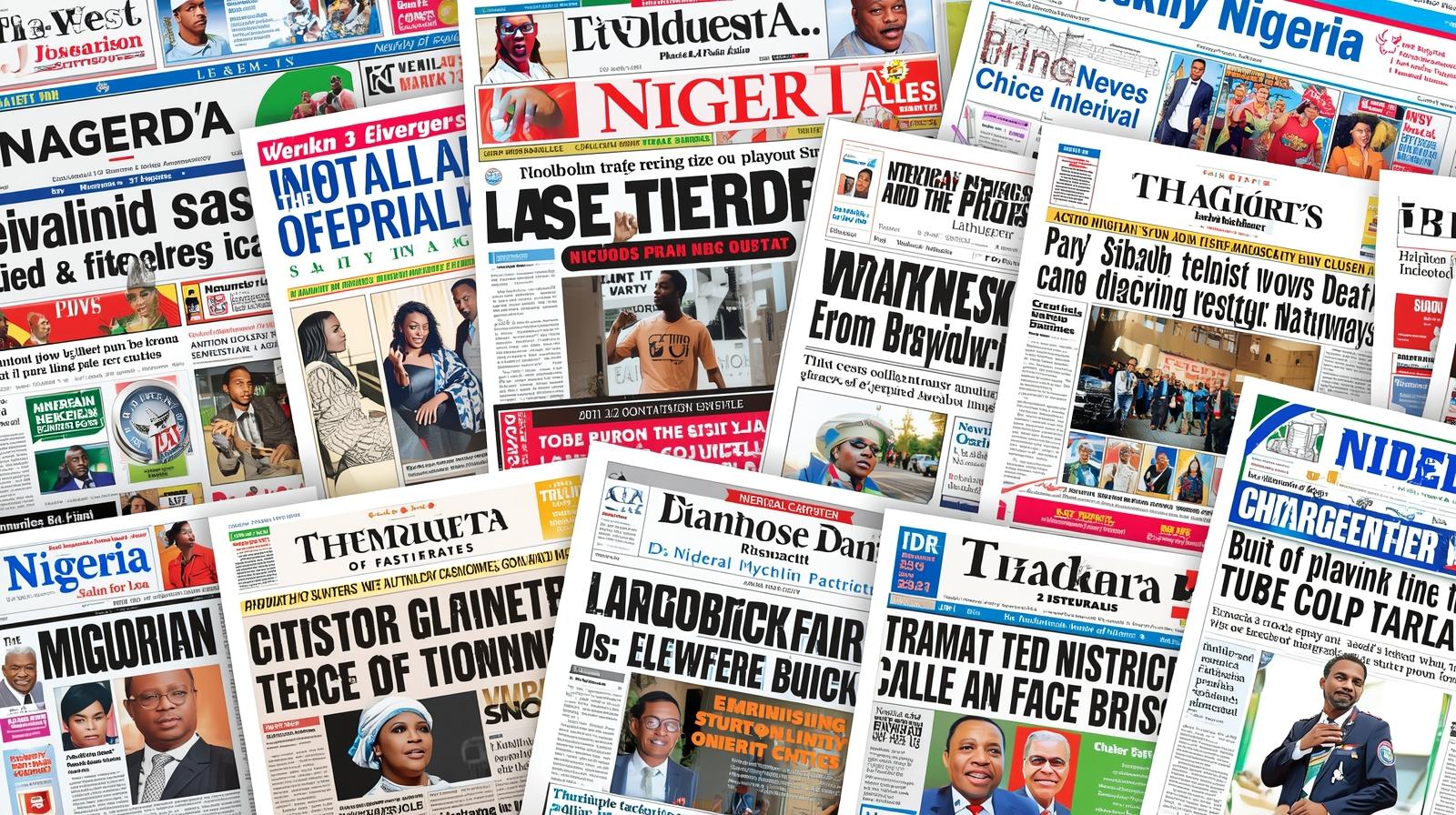Language is more than just words—it is identity, culture, and connection. In Nigeria, one language has managed to cut across tribes, classes, and regions, acting as a unifying voice for millions. That language is Nigerian Pidgin English, a vibrant blend of English and indigenous expressions that captures the spirit of everyday communication.
At Nigeria Journal, we believe Nigerian Pidgin is not just a dialect but a cultural force. It bridges communities, powers music and entertainment, and represents the heartbeat of the streets. From marketplaces to media, Pidgin has become a language that truly belongs to the people.
The Origins and Evolution of Nigerian Pidgin
Nigerian Pidgin English has roots in trade interactions during colonial times, where simplified English was used to facilitate communication between foreigners and locals. Over time, Nigerians added words, phrases, and rhythms from their native languages, transforming it into a uniquely Nigerian creation. Today, it is dynamic, ever-changing, and influenced by pop culture, music, and digital trends.
Why Nigerian Pidgin English Matters Today
Nigerian Pidgin is not just a street language. It plays a vital role in uniting over two hundred ethnic groups. It allows Nigerians from different backgrounds to communicate without tribal barriers. Politicians use it to connect with the masses, while artists rely on it to reach audiences across borders. The language has also become a medium of humor, storytelling, and resistance.
Everyday Usage of Pidgin in Nigerian Society
In the Streets and Markets
In open markets, you will hear traders bargaining and customers negotiating prices in Pidgin. It is the language of trust and informality, where relationships matter as much as transactions.
In Politics and Governance
Campaign speeches often include Pidgin because it resonates with ordinary Nigerians. Leaders use it to show relatability and to simplify complex policies.
In Music and Entertainment
From Afrobeat to Nollywood, Pidgin drives creativity. Artists use it to create catchy lyrics and actors employ it to deliver humor, drama, and realness that audiences love.
Unique Features of Nigerian Pidgin English
| Feature | Example Phrase | Meaning in English |
| Simplified Grammar | “I dey go” | “I am going” |
| Expressive Slang | “How far?” | “How are you?” |
| Vivid Idioms | “No wahala” | “No problem” |
| Rhythmic Tone | “Abeg leave am” | “Please leave it” |
| Code-Switching Ability | Mixing Pidgin with native languages | Blended communication |
Pidgin and Cultural Identity
Nigerian Pidgin English is more than communication—it is pride. Speaking Pidgin shows you are connected to the people, regardless of your class or tribe. It reflects humor, resilience, and creativity. The language adapts to trends quickly, reflecting the Nigerian ability to turn challenges into expression and style.
The Rise of Pidgin in Media and Journalism
Radio and television stations increasingly use Pidgin to reach a wider audience. News delivered in Pidgin is more accessible, ensuring that even those with little formal education can stay informed. Social media influencers also rely on Pidgin to build authentic connections, making it a language of influence in the digital age.
Learning and Understanding Pidgin English
Listening to Conversations
The best way to learn is by listening to how people use it in real-life settings like markets, music, and comedy skits.
Practicing Common Phrases
Start with popular greetings and expressions such as “Wetin dey happen?” or “I dey kampe.”
Mixing with Native Speakers
Immersing yourself in conversations helps you pick up slang, tone, and rhythm naturally.
Nigerian Pidgin in Literature and Education
Writers and poets are beginning to embrace Pidgin as a literary tool. By weaving it into storytelling, they bring authenticity and relatability to their works. Some educators even suggest teaching Pidgin alongside English to preserve cultural identity while enhancing communication.
Challenges Facing Nigerian Pidgin English
Lack of Formal Recognition
Despite its popularity, Pidgin is still not considered an official language. This limits its use in formal education and governance.
Variations Across Regions
Pidgin spoken in Lagos may differ from that in Port Harcourt or Benin. These variations can create confusion, though they also showcase its adaptability.
Perceptions of Informality
Some people see Pidgin as “broken English,” which undervalues its role as a cultural and linguistic powerhouse.
The Future of Nigerian Pidgin English
With rising global attention on Nigerian music, film, and digital culture, Pidgin is set to gain more recognition internationally. Its simplicity, humor, and expressiveness make it attractive to non-Nigerians. If supported by institutions, it could evolve into a fully standardised language with dictionaries, formal studies, and more structured usage.
Frequently Asked Questions
What is Nigerian Pidgin English?
It is a simplified form of English mixed with Nigerian indigenous languages, used widely in informal communication.
Is Pidgin the same across Nigeria?
No, it has regional variations, but most Nigerians understand the general structure and vocabulary.
Can Pidgin English be written?
Yes, though it is mostly spoken, writers and media outlets increasingly use written Pidgin.
Is Pidgin English an official language?
Not yet, but it is one of the most widely spoken languages in Nigeria.
Why is Pidgin popular in music and film?
Because it resonates with audiences, adds authenticity, and makes content easily relatable.
Conclusion
Nigerian Pidgin English is more than a means of communication it is the heartbeat of Nigerian identity. At Nigeria Journal, we see it as a cultural treasure that unites millions across backgrounds.
From music to media, from markets to politics, Pidgin continues to thrive as a language of the people. Its resilience, adaptability, and charm ensure it will remain a vital part of Nigeria’s present and future.








